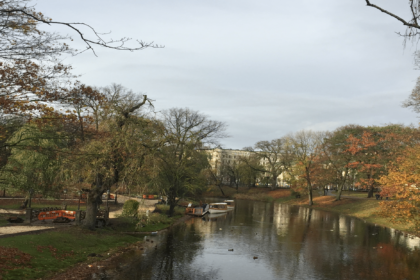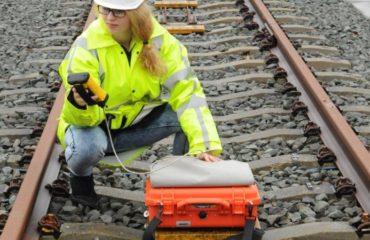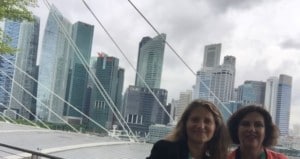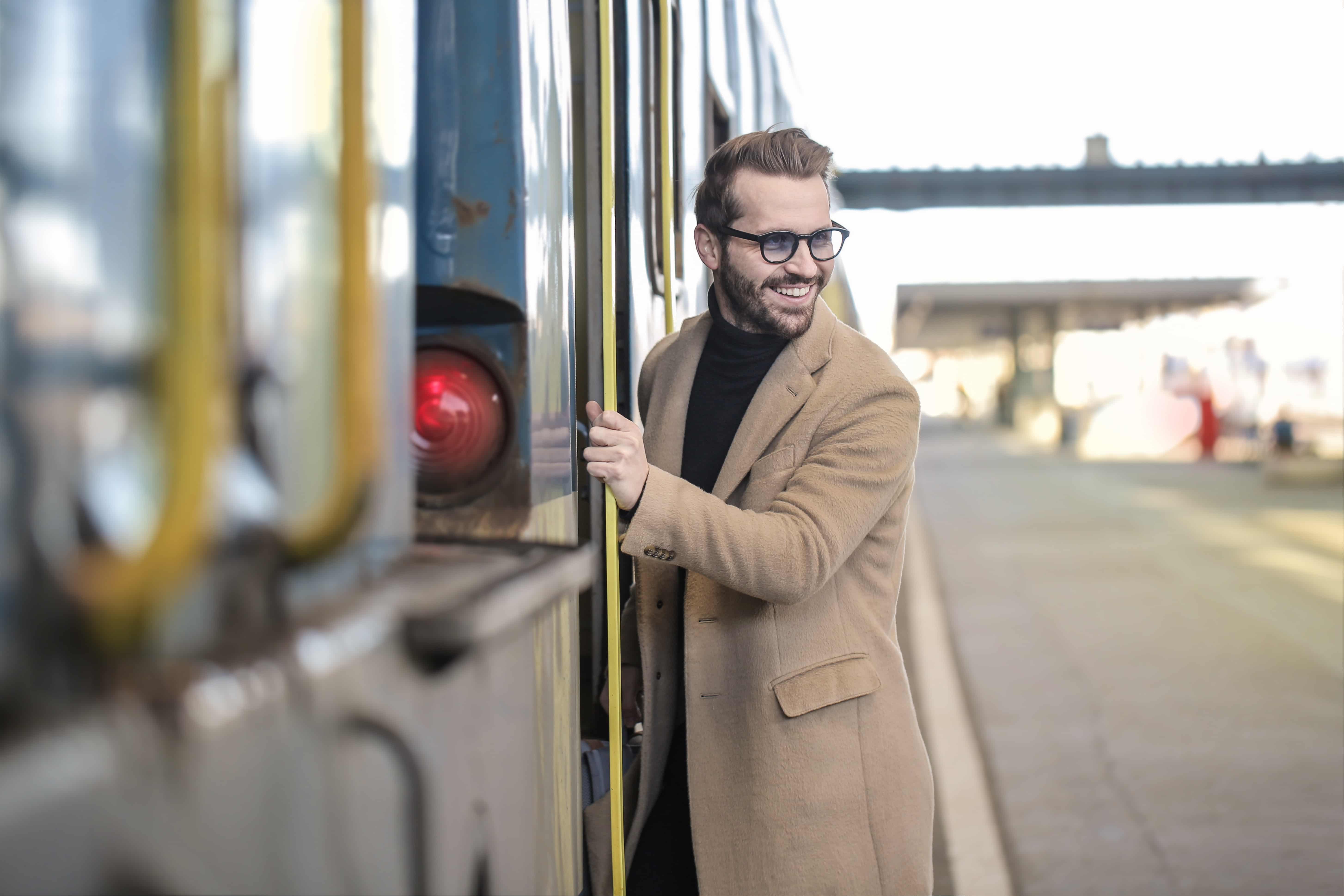
Recently, I was invited to the UIC Talent and Expertise Development platform event in Riga, Latvia to speak about the reality of talent practice and what is really needed into the future. This wonderful opportunity allowed me to meet new people and develop fresh perspectives on the challenges rail organisations are facing today. Just before winter, Riga was picturesque with beautiful autumn leaves and amazing cultural experiences to enjoy. Coming from Australia, the most startling finding I had this year was about the different climate in Riga, compared to my country, and the fact that my clothes did not suffice in a cold climate!
As the year draws to a close, its time to reflect on your goals and what happened to them in 2018.
Five questions to ask yourself about the past year include:
- What are the first thoughts that come to mind about the past year? Are they mostly positive, negative, or neutral?
- What was one of the most interesting things you learned this year?
- What was one personal strength you used this year? How did it benefit your work or life?
- What hurdle came up more than once? (time, money, attitude, location, knowledge, etc.)
- What are six adjectives that best describe this year? What would you like those adjectives to be next year?
These questions come from an article ‘31 Questions to Ask Yourself Before Setting Next Year’s Goals’, https://www.inc.com/robin-camarote/31-questions-to-ask-yourself-before-setting-next-years-goals.html. The full list of questions can be viewed by following the link, with the article giving cause for consideration of how time flies so quickly through the year. In the first article of 2018 for the Rail Talents website, I wrote about goals and resolutions and outlined 9 areas to consider in your yearly plan including:
1. Career; 2.Personal; 3. Sport and Leisure; 4. Friendship; 5. Health; 6. Family; 7. Community; 8. Financial; and 9. Spiritual
Often, we do not get to consider what we planned at the beginning of the year and the end of the year is then upon us. Experiential learning theorist David Kolb (1984) describes why reflection is so important in helping us learn. His experiential learning cycle of experience, reflection, concluding and planning for new learning is characterised as a continuous cycle.
In the reflection stage, purposeful reviewing and reflecting on our past actions helps us to consider what we have done or what we can do in the future. By taking time to stop and consider our past actions, we apply a lens to the past year. The reflection should be about things we did not do so well but it should be about where we had positive outcomes. In regard to the past year’s plans, we cannot expect to improve if we do not consider how the year has gone and whether we achieved all that we set out to do. Writing down our reflections in a journal or book can help to consolidate our learning. In my situation, my reflection has been noted in my travel toolkit regarding my need for a set of warmer clothes should I be visiting a colder climate in the future.
Most people fall short of their goals because they don’t have a solid plan for their yearly objectives, aren’t really committed and don’t take daily action to work towards their goals. These actions are as simple as taking 5 minutes to work on your goals and at the end of the day writing down how you are progressing. I hope that you were successful in 2018 with some of your plans and, in the meantime, consider this quote –
“Do not fear failure but rather fear not trying.”
― Roy T. Bennett, The Light in the Heart
All the best for Christmas and the New Year.
Dr Janene Piip
Talent consultant and career practitioner
Australia
www.janenepiip.com.au
janenepiip@gmail.com
Kolb, D. A. (1984). Experiential learning: Experience as the source of learning and development (Vol. 1). Englewood Cliffs, NJ: Prentice-Hall.






